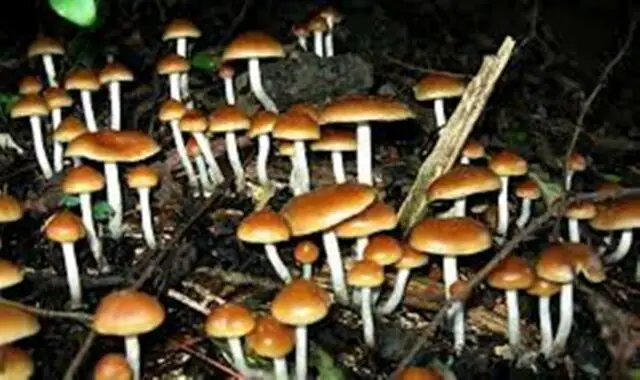A substance called psilocybin (also known as 4-PO-DMT) present in hallucinogenic mushrooms could soon be added to the list of current drugs to treat depression, after a team of researchers from Imperial College London (United Kingdom) has managed to ‘restart’ brain activity and reduce symptoms of severe depression in patients whose traditional treatment had not worked.
Patients experienced the beneficial effect of the psychoactive compound in hallucinogenic mushrooms for up to 5 weeks after treatment, which is why the authors believe that psilocybin can effectively restore the activity of key brain circuits involved in depression.
Comparison of MRI scans of the patients’ brains before and after receiving drug treatment revealed changes in brain activity that were associated with marked and lasting reductions in depressive symptoms.
“Several of our patients describe the feeling of ‘resetting’ after treatment, as well as other similar computer analogies. For example, one of them said that it felt as if his brain had been defragmented like a computer hard drive, and another said I felt ‘rebooted.’ The psilocybin may be giving these individuals the temporary ‘reset’ they need to get out of their depressive states,”explains Robin Carhart-Harris, leader of the work.
In the experiment, the first of its kind to use psilocybin in patients with depression, 20 severely depressed volunteers received two doses of psilocybin (10 mg and 25 mg), with the second dose given a week after the first.
19 patients underwent a brain scan before treatment and then a second scan one day after high-dose treatment. The scientists measured changes in blood flow and crosstalk between brain regions; and the patients also reported their status by taking clinical questionnaires.
Immediately after psilocybin treatment, the volunteers reported experiencing a decrease in depressive symptoms, corresponding to an improvement in mood and relief from stress.
Magic mushrooms / hallucinogenic mushrooms have been found effective in treating depression
Functional MRI images revealed reduced blood flow in areas of the brain, including the amygdala (involved in processing emotional responses, stress, and fear). They also found greater stability in another brain network, previously linked to the immediate effects of psilocybin, as well as depression itself.
“Through the collection of this imaging data we have been able to provide an answer to the after effects of psilocybin treatment in the brains of patients with chronic depression. Based on what we know from various brain imaging studies with psychedelics, as well as given what people say about their experiences, it may be that psychedelics actually shut down the brain networks associated with depression, allowing them to clear the depressed state,”Carhart-Harris clarifies.

It is true that in the last decade there have been a series of clinical trials on the safety and efficacy of psychedelics in patients with disorders such as depression and addictions, which show really promising results.
The authors point out that although the initial results of the experimental therapy are encouraging, they are limited by the small size of the sample, as well as by the absence of a control group, to contrast directly with the patients, so that people with depression they should not try to self-medicate. A new study will begin next year with a much larger sample.

